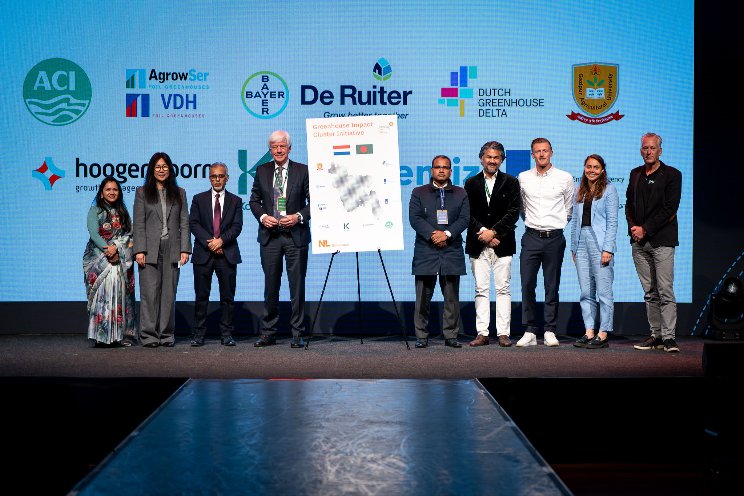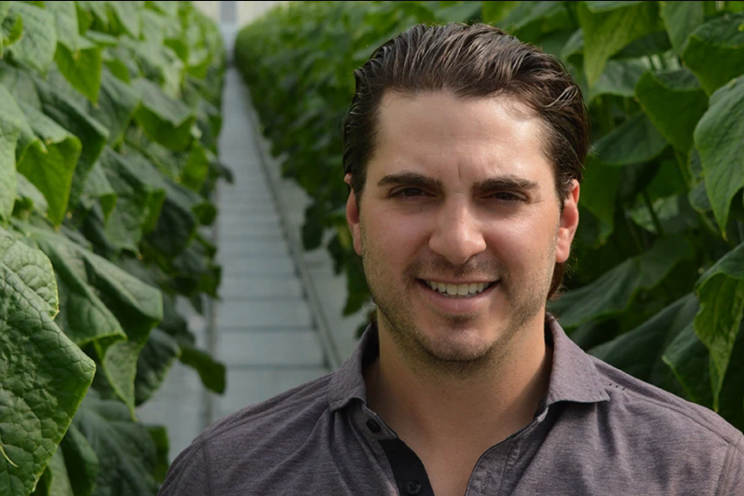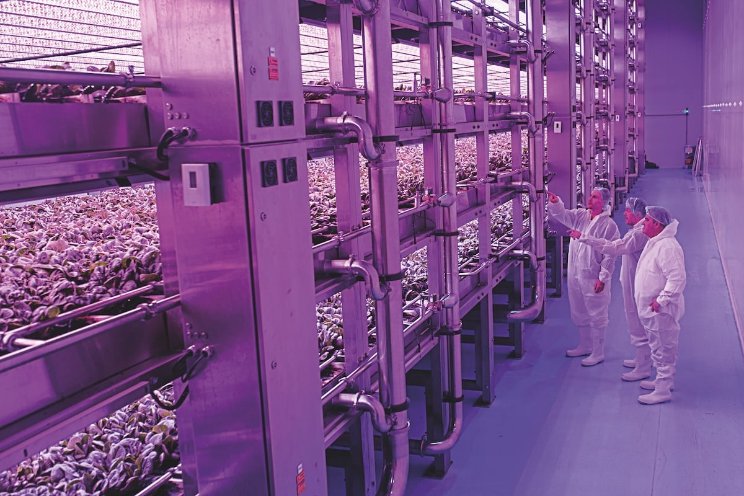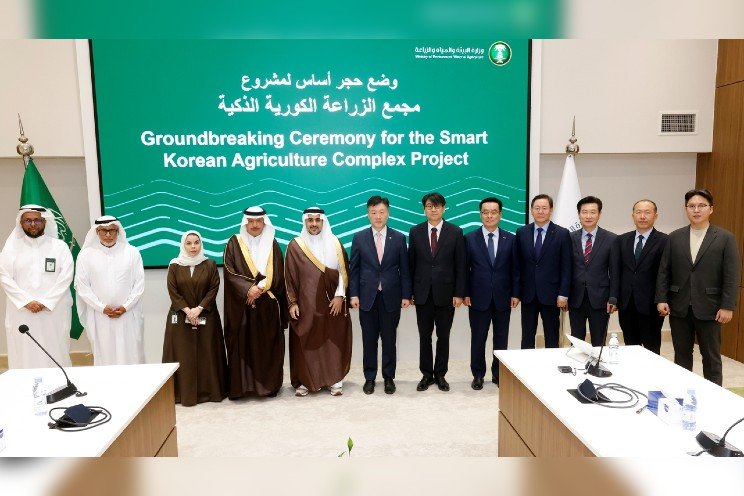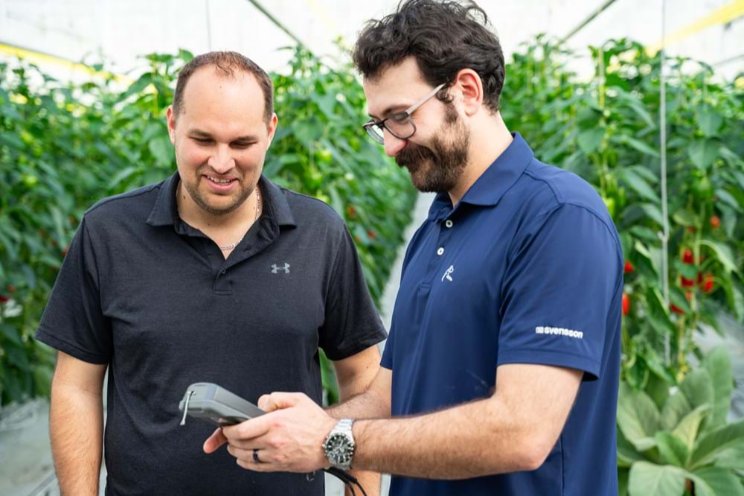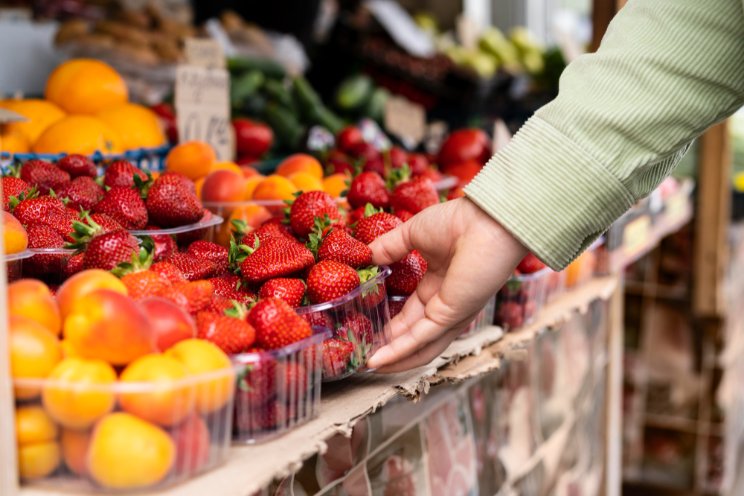A nature-based food economy for all
Added on 06 August 2020

In order to make the vision feasible and ready for implementation, they worked together with 15 engaged local and global organisations.
The vision for a new food system in 2050 starts with the award-winning Urban Food Hubs Model. This model demonstrates effective ways to create a circular urban food economy that integrates a green infrastructure and energy economy. It seeks to minimise waste, maximise energy efficiency, contribute to urban resilience and improve the quality of life of urban residents from all walks of life. Each Hub features four integrated components: Food Production, Food Preparation, Food Distribution and closing the loop through Waste and Water Management.
Food: a connected system
'Food Connects 2050: a nature-based food economy for Washington DC' projects a future in which the entire food system of Washington DC and its surrounding areas is connected and connective. People have access to local and sustainably grown food, connect with their neighbours and neighbourhoods, make use of the latest technologies and work in circular business parks. The city preserves, restores and enjoys its natural resources and urban nature.

Food in Washington DC and its surrounding areas will have become the connecting link for an inclusive and resilient region that values its natural resources, cultural diversity and commitment to nature-based innovation. Diets will be largely plant-based and offer opportunities to share cultural roots and new ideas; technology will enhance natural resources and strengthen ecosystems, rather than depleting them; economic activity will be circular and recharge, rather than exploit; and policies will emphasise cross-regional collaboration, rather than isolation. Urban actions and rural strategies form an interconnected system that builds upon natural and social characteristics and values.
Marian Stuiver: "We portray a vision in which all eight DC Wards are equally strong and rooted in a nature-based food economy. We have developed eight distinct dreams for all the Wards that illustrate the diverse yet interconnected opportunities associated with a circular food system, rooted in nature and culture."
Example 1: In Ward 8 in 2050, the focus is on community access to plant-based diets
The much-needed shift to personalised diets that embrace less meat and more plant and protein-based food, while maintaining culturally embedded tastes and textures, has been fully realised in Ward 8. Local community farms, restaurants, bars and music venues form a thriving network of culturally diverse go-to places in 2050. True to its rich African American history, hip-hop and bebop are the beating heart of the food and people scene of Ward 8. Wellness too is an important feature of this culture, with walking, biking, lifting, stretching, dancing and drumming clubs all over the city's far south-east neighbourhoods. Residents of all ages and backgrounds share their knowledge of healthy lifestyles and food cultures and community-based greenhouses, incubator kitchens and canning sheds dot the neighbourhoods. The public space surrounding these food and wellness hubs has contributed to shared expertise, reduced crime, and increased trust in this culturally rich community where many native Washingtonians live alongside neighbours from every continent.
Example 2: In Ward 7 in 2050, a nature-based technology centre is established
A nature-based lifestyle meets high-tech in Ward 7. By 2050, technological advances have merged with sustainable solutions and an enabling environment to form the backbone of a thriving network of technology businesses. The Ward also prides itself on the rich history of African American entrepreneurs. Nature-based technology and biomimicry techniques established in the Ward have made it possible to move the entire energy generation for 75,000 residents off the grid, making households independent of the local utility. Ward 7 also builds the sediments and plant-based living machines for the water filtration systems in neighbouring Ward 6. STEM-focused technology entrepreneurship classes are a staple of the businesses in Ward 7 and many have become a mecca for small-scale green technology entrepreneurs from around the world.
Click here to read more.
Photo Courtesy of Wageningen University&Research
Source: Wageningen University & Research
More news
